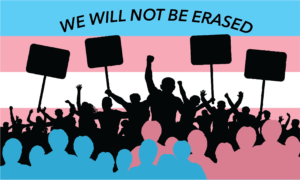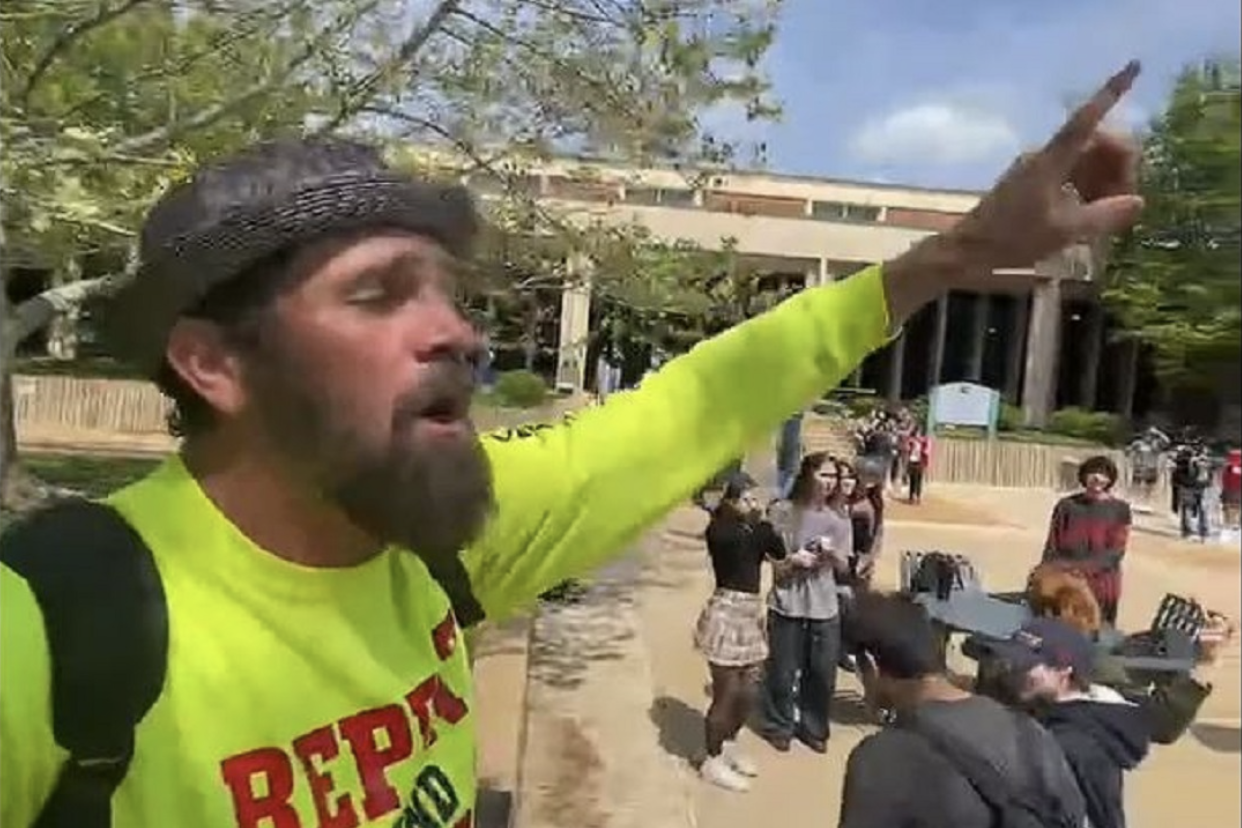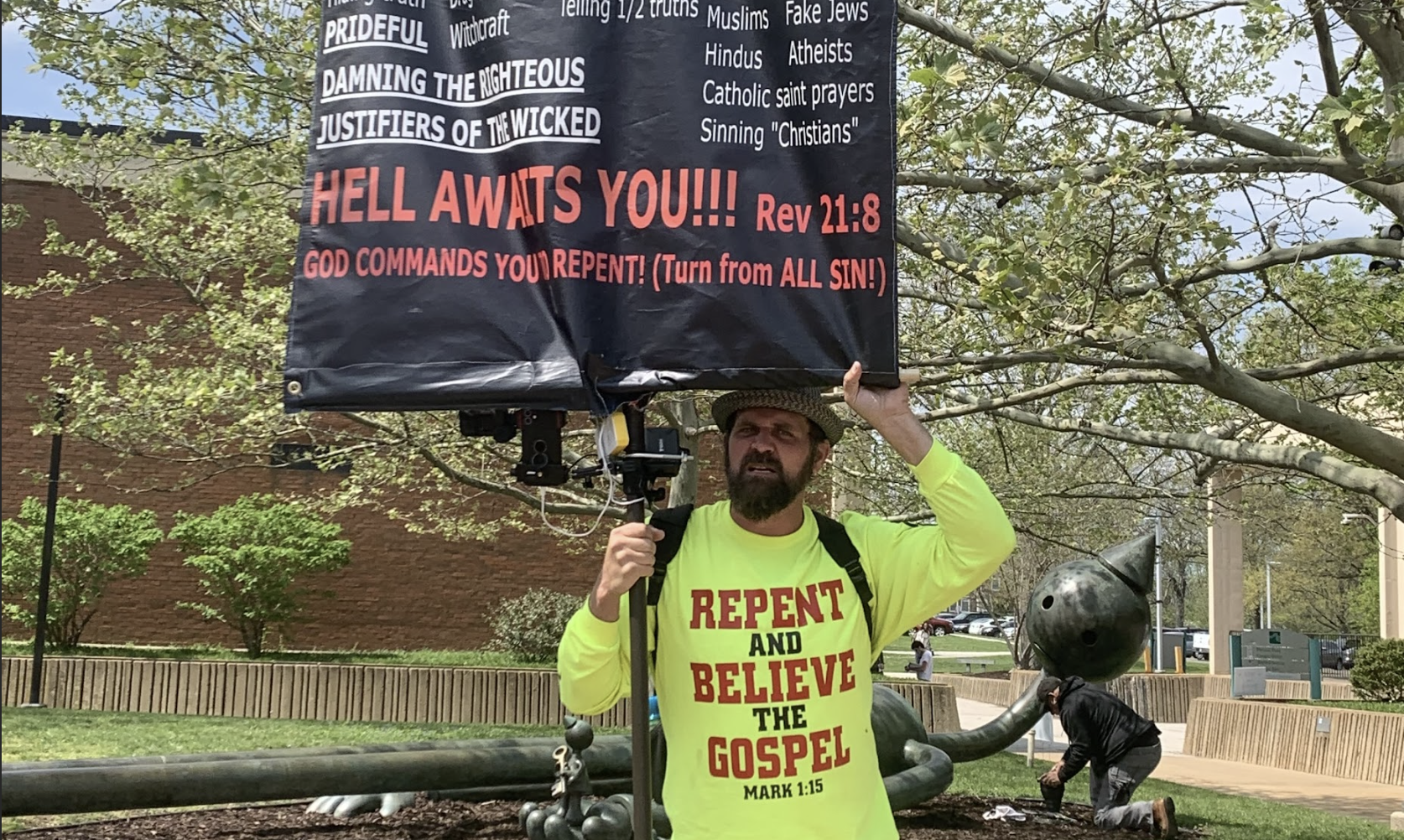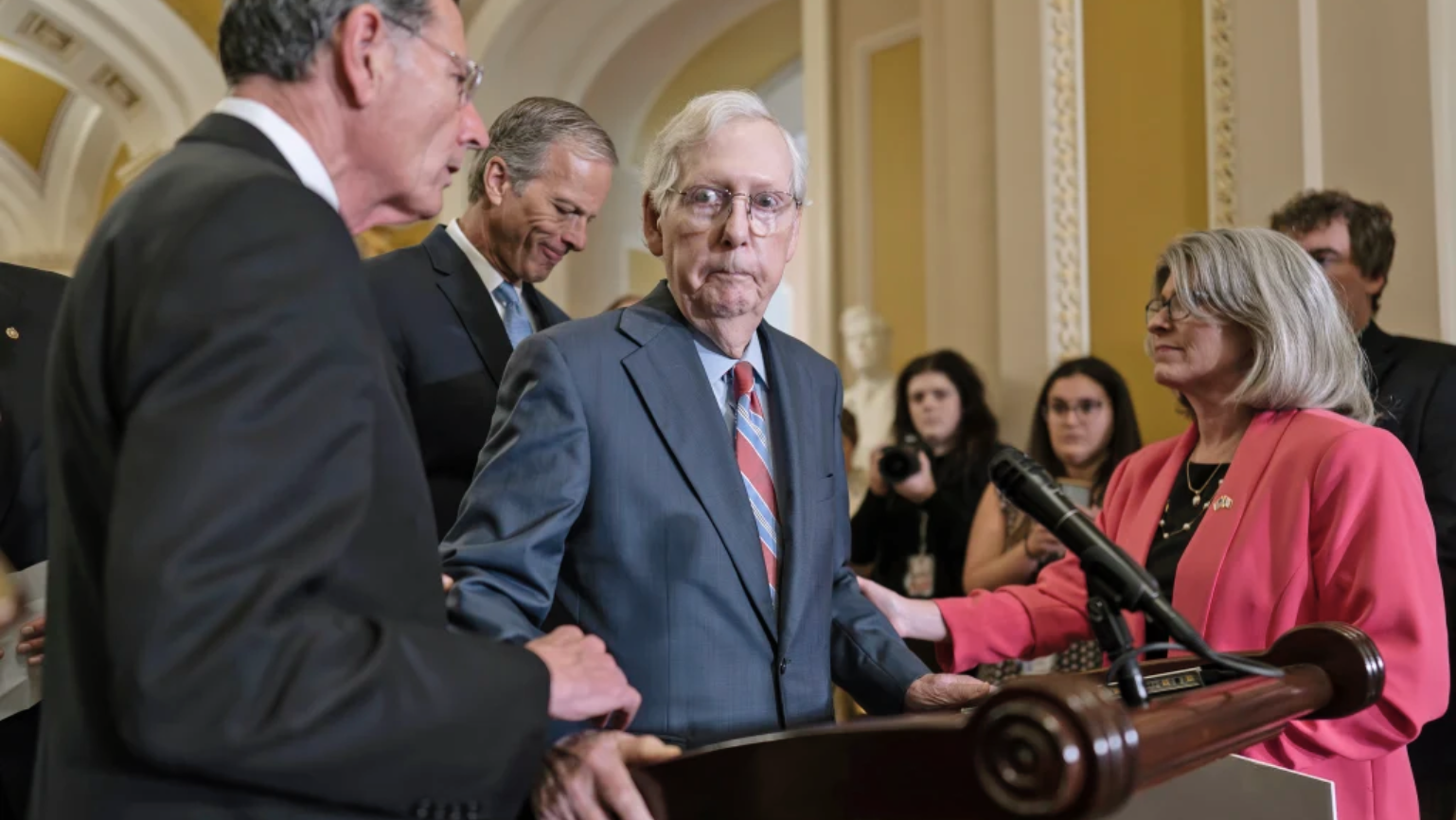The life or death consequences of the Trump Administration’s choices.

BY: MARY WILSON
Opinions Editor
I’ll be the first to admit I have been a critic of the current administration. When news surfaced that the Trump administration is contemplating defining gender as a biological condition decided by the genitalia at birth, and which can’t be changed, I was angry, but not surprised. This is simply the latest blow from a President who vowed to defend LGBT rights at his campaign rallies. Slowly, the Trump administration has been whittling down LGBTQ rights, both directly and indirectly.
The climate surrounding queer and transgender people has been steadily getting colder. In June, the Supreme Court ruled in favor of a Colorado baker who refused to bake a wedding cake for a same-sex couple. The court did not, however, answer the larger question at hand: is it okay to discriminate against LGBTQ people? The Department of Education said in February that it won’t hear complaints against schools regarding what bathrooms and locker rooms transgender students can use.
After the New York Times reported on the Trump administration’s plan to define gender as an immutable fact, calls to the transgender hotline, Trans Lifeline, quadrupled. First-time callers doubled. The American Academy of Pediatrics reports that adolescent transgender males have the highest rate of attempted suicide, at 50.8 percent. Non-binary adolescents have the second highest rate of attempted suicide, at 41.8 percent. For transgender adolescent females, the rate is 29.9 percent and 27.9 percent of adolescents questioning their gender identity attempt suicide. This, compared to the 17.6 percent of female adolescents and 9.8 percent of male adolescents who attempt suicide.
The statistics don’t tell the whole story: we’re talking about human beings. Human beings with likes, dislikes, families, friends, pets, favorite classes at school, and favorite bands.
Transgender people are not political bargaining chips. They’re not merely statistics. They are people and these actions have life or death consequences. I know this from personal experience: in the spring of 2017, my younger sibling came out as transgender to me and my parents in an act best described as ‘courageous.’ Since that time, I’ve seen remarkable changes in my brother: he’s happier, lighter, laughs more, and seems comfortable in his own skin for the first time I can remember. His humanity — and that of all transgender and gender non-conforming people — should not be up for debate at all, let alone in the United States of America in 2018. This is not a red state or blue state issue. This is not a partisan issue, or something that can wait until the next election cycle. This is a human rights issue. This is not something we as a country can sit back and ignore, trusting our government to do the right thing. Our government has proven that it cannot — will not — do the right thing. We need to fight back.
My brother, and his transgender and gender non-conforming peers, deserve better than to be erased by our government.











